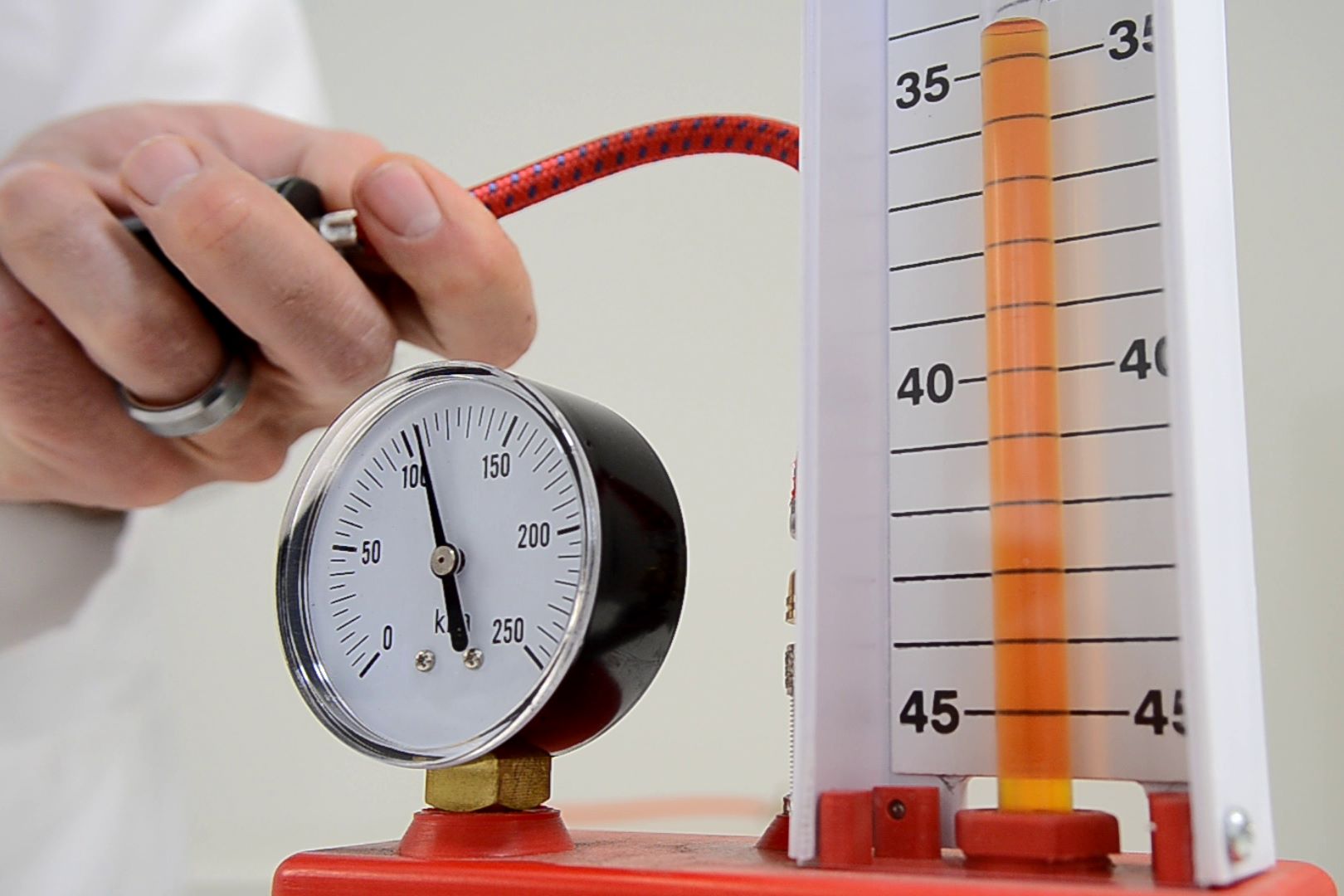Get ready to dive into the world of gases and their intriguing behaviors. Our Gas Laws Quiz will challenge your understanding of the principles that dictate how gases respond to changes in pressure, volume, and temperature. From Boyle’s Law to the Ideal Gas Law, each question will test your grasp of these essential concepts. Let‘s see how well you can apply these laws to real-world scenarios!
We recommend that you do not leave the page that you are taking this quiz in. Stay honest 🙂
Gas Laws Quiz Questions Overview
1. Which law states that the volume of a gas is inversely proportional to its pressure at constant temperature?
Boyle’s Law
Charles’s Law
Avogadro’s Law
Ideal Gas Law
2. According to Charles’s Law, what happens to the volume of a gas when its temperature increases at constant pressure?
The volume decreases
The volume increases
The volume remains the same
The volume becomes zero
3. Which gas law combines Boyle’s Law, Charles’s Law, and Avogadro’s Law into one equation?
Boyle’s Law
Charles’s Law
Ideal Gas Law
Dalton’s Law
4. What does the ‘R’ represent in the Ideal Gas Law equation PV=nRT?
Gas constant
Rate constant
Reaction constant
Resistance
5. Avogadro’s Law states that equal volumes of gases at the same temperature and pressure contain equal numbers of what?
Atoms
Molecules
Electrons
Protons
6. Which of the following is the correct expression for Boyle’s Law?
P1V1 = P2V2
V1/T1 = V2/T2
P1/T1 = P2/T2
V1/n1 = V2/n2
7. Which gas law is represented by the equation V1/T1 = V2/T2?
Boyle’s Law
Charles’s Law
Avogadro’s Law
Ideal Gas Law
8. In the Ideal Gas Law equation PV=nRT, what does ‘n’ represent?
Number of molecules
Number of atoms
Number of moles
Number of particles
9. What is the value of the gas constant ‘R’ in the Ideal Gas Law when using SI units?
8.314 J/(mol·K)
0.0821 J/(mol·K)
1.00 J/(mol·K)
22.4 J/(mol·K)
10. Which law states that the total pressure exerted by a mixture of gases is equal to the sum of the partial pressures of the individual gases?
Boyle’s Law
Charles’s Law
Dalton’s Law
Avogadro’s Law
We recommend that you do not leave the page that you are taking this quiz in. Stay honest 🙂
Can Your Friends Do Better Than You in This Quiz?
Share this quiz with your friends and compare results.
Was this page helpful?











